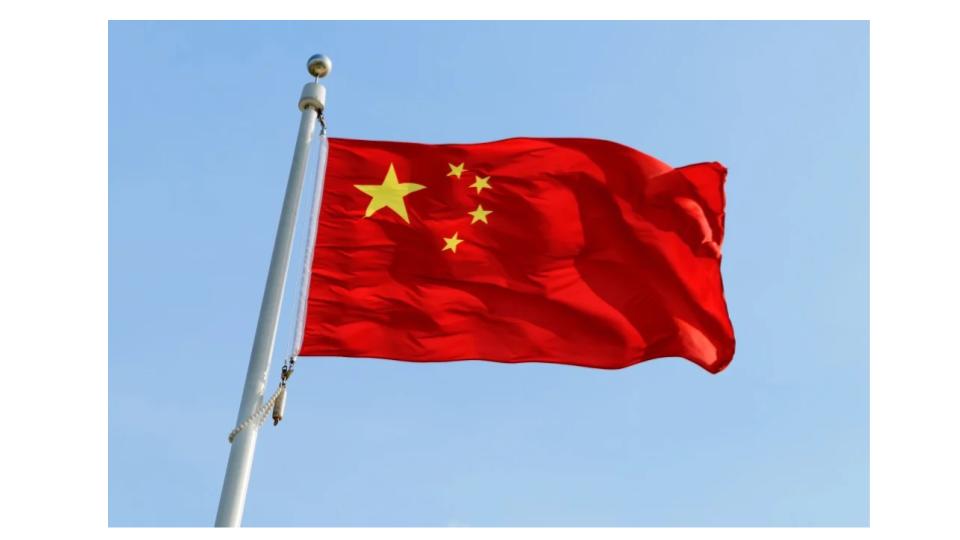Chinese lawmakers have expanded Beijing’s state secrets law for the first time since 2010, widening the scope of restricted sensitive information to “work secrets” according to a full text of the law published online, state media reported.
China’s top legislative body passed the revised Law on Guarding State Secrets on Tuesday and it will take effect from May 1, Xinhua reported.
Analysts say the expanded law is further evidence of Chinese President Xi Jinping’s increased focus on national security which has already led to a wide-ranging update to Beijing’s anti-espionage law last April that some countries fear could be used to punish regular business activities.
Raids last year by Chinese police on several management consultancies, including Mintz Group and Bain & Co., have raised concerns among the foreign business community in China, and a Japanese pharmaceutical executive has also been detained in Beijing on espionage allegations since last March.
State secrets currently involve areas ranging from government and Communist Party decision-making to military and diplomatic activities, as well as economic development, science, and technology.
The update to the state secrets law requires government agencies and work units to protect pieces of information “that are not state secrets but will cause certain adverse effects if leaked”. It added that rules on the specific management of work secrets would be released separately, without giving a date.
The revised law would “strengthen the systematisation, comprehensiveness and synergy” of the set of laws concerning national security and state secrets, an unnamed official from the State Secrets Bureau was quoted in Xinhua as saying.
“This revision … has clearly written the Party’s management of secrecy into the law,” the official said, adding that online operators should “cooperate with relevant departments in investigating and handling cases suspected of leaking state secrets.”
The legislation also “strengthens” coordination with China’s Data Security Law for the management of confidential data, the official said.
The Ministry of State Security has increasingly taken to its official WeChat social media account since last year to warn the public to stay vigilant against foreign espionage efforts.
(Inputs from Reuters)














